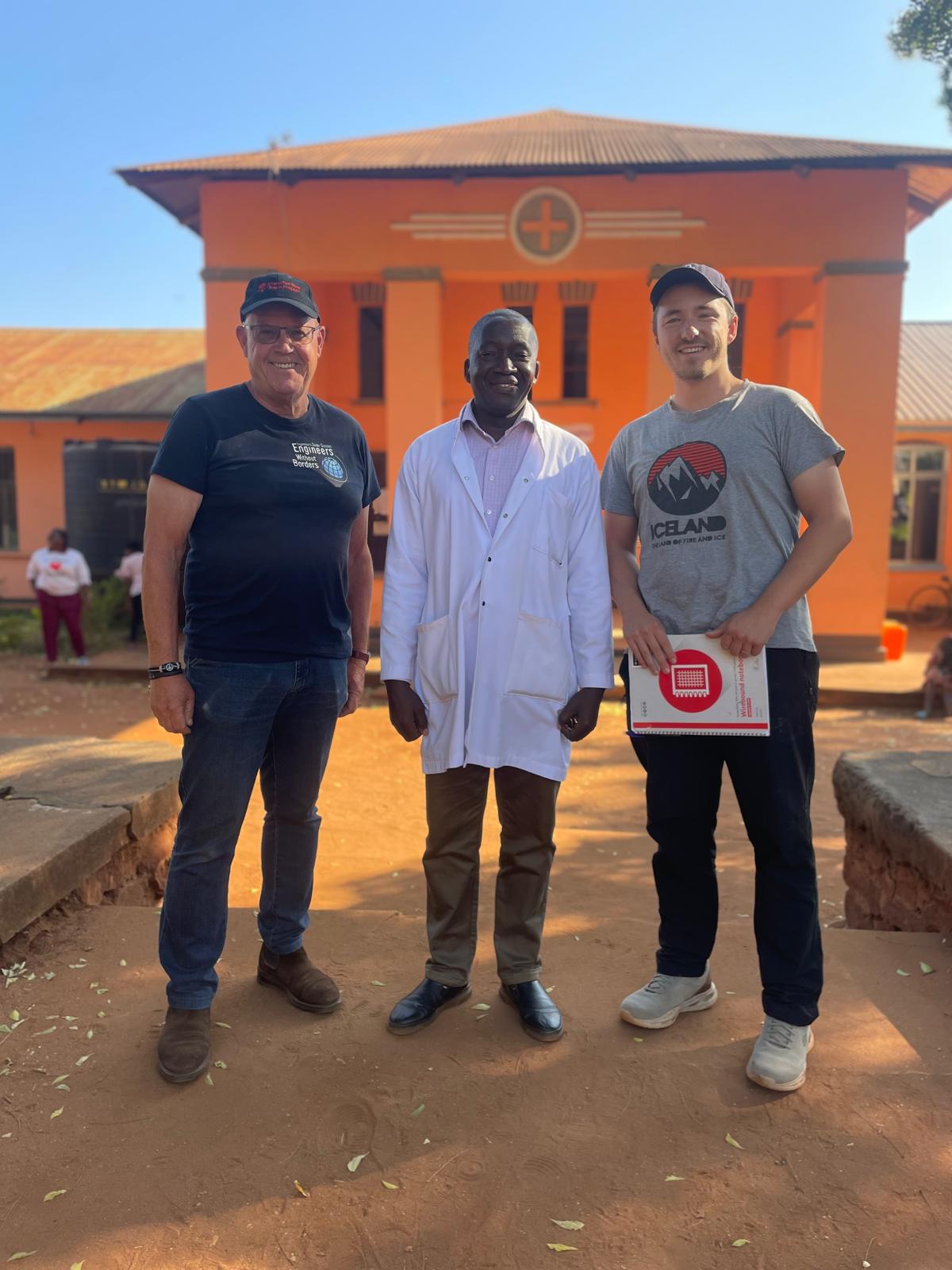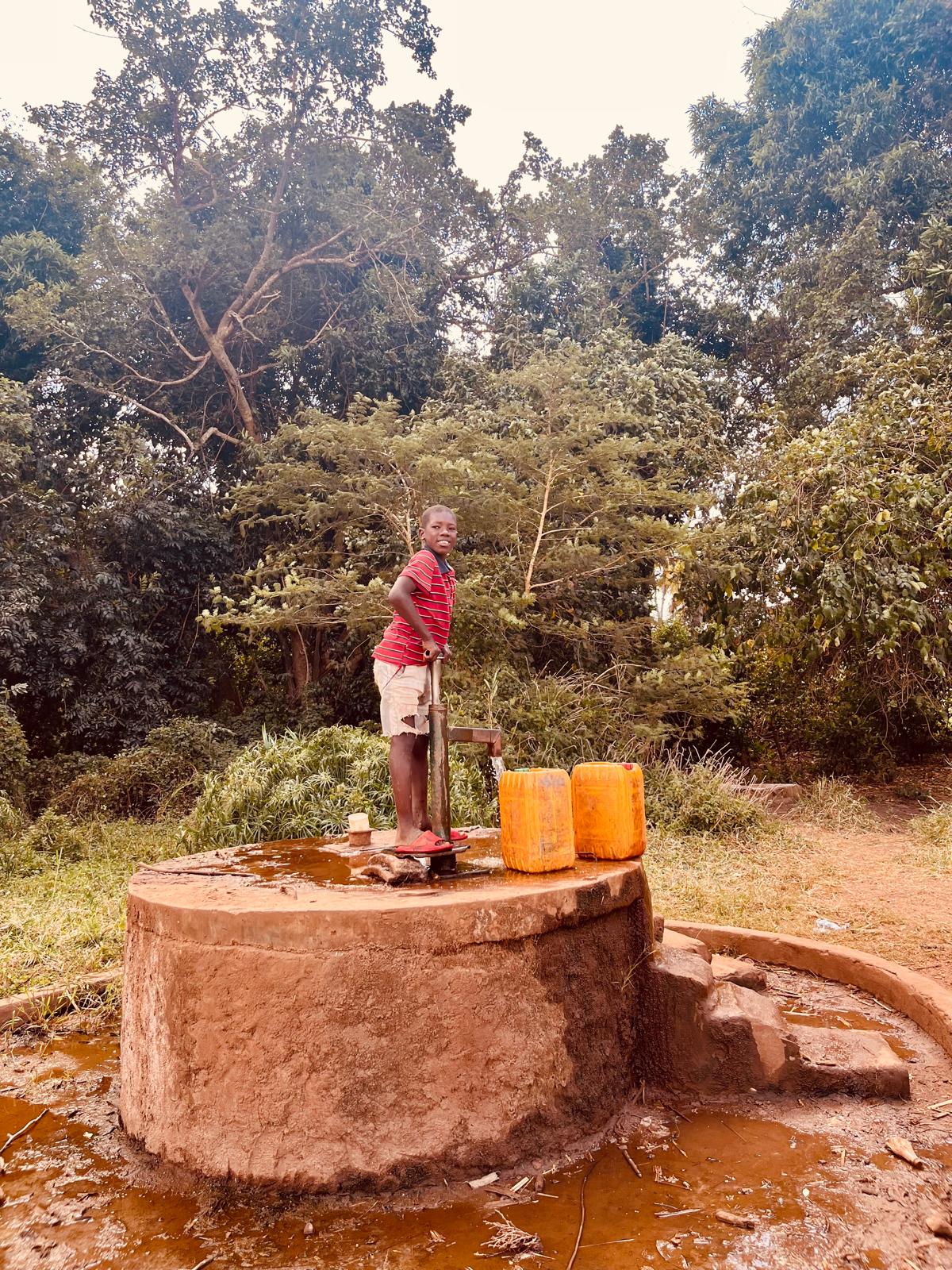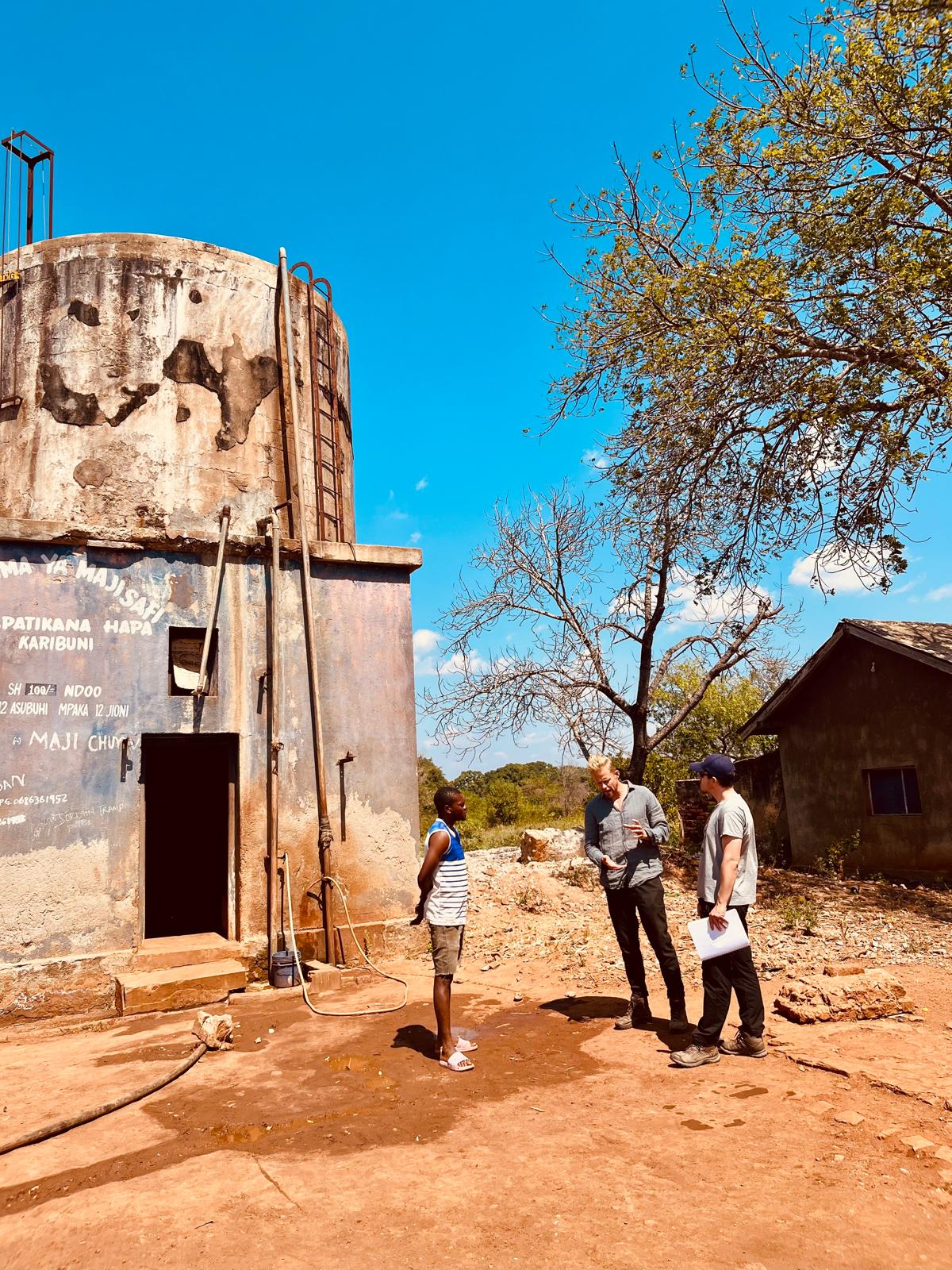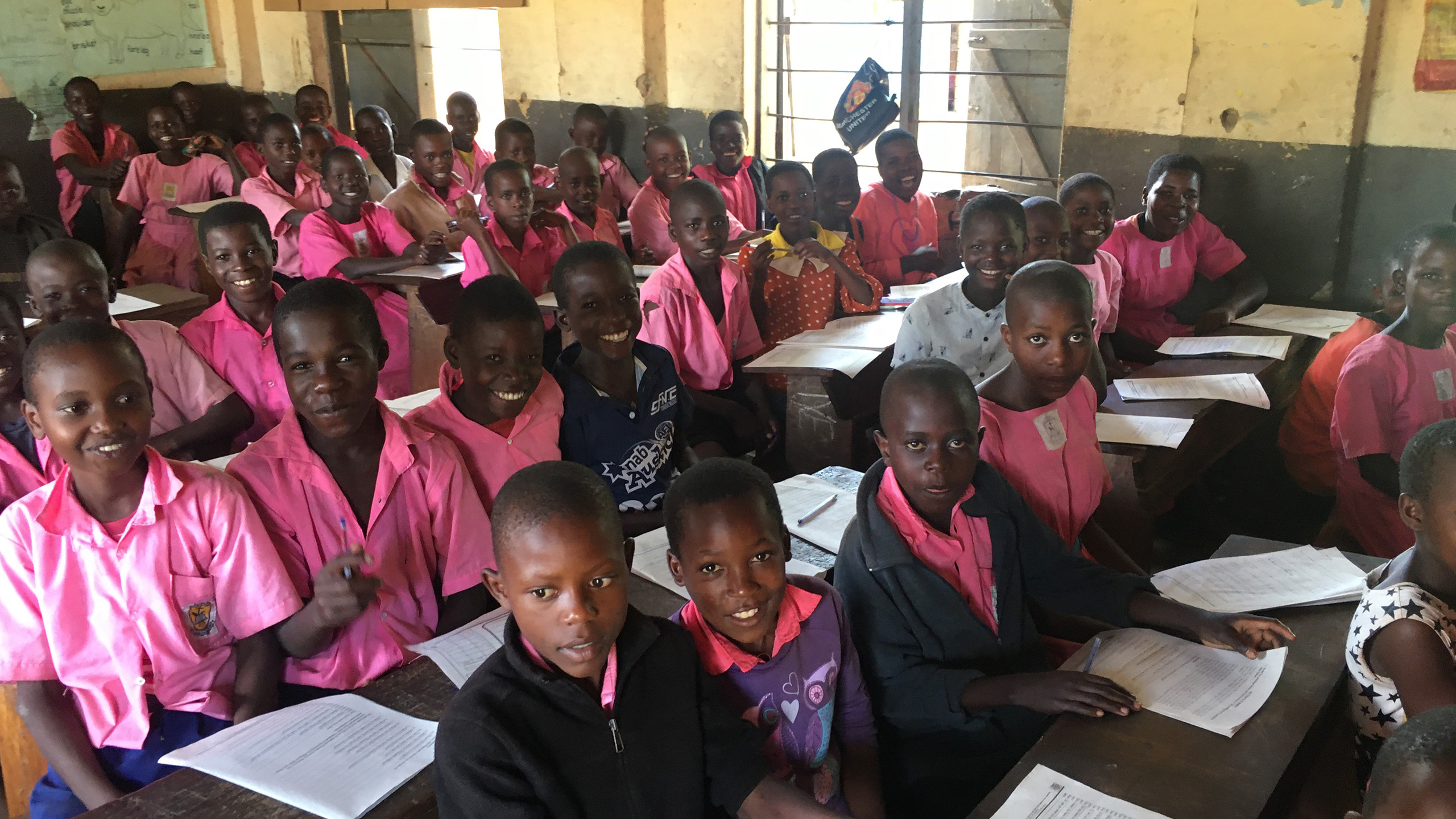Tanzania
Water
Execution
Mnero Foundation
In January 2025, Engineers Without Borders — Netherlands (EWBNL) received a project request from the Mnero Foundation, a Dutch/German organization that finances and runs Mnero Hospital, to address urgent water and WASH challenges at the hospital in rural southern Tanzania. Mnero Hospital, located in the Nachingwea District of Lindi Region, serves a population of over 200,000 people; nearly 20,000 patients depend on its care each year. The hospital is a lifeline for its community in an area marked by extreme poverty, geographic isolation, and limited government support. Without functioning, safe water services the region’s access to basic healthcare would be gravely compromised.
Challenge
The request highlighted that the hospital’s water quality is poor, producing multiple harmful effects: patients, staff and the surrounding community lack reliable access to clean water; infection prevention and hygiene at the hospital are unsafe; and medical equipment is at increased risk of failure because of contaminated or unsuitable water. Beyond the hospital grounds, the wider Mnero municipality and Nachingwea district face a broader crisis of limited drinking water and sanitation access, entrenched poor hygiene practices, and a high incidence of waterborne diseases. These interconnected problems increase the burden on health services and undermine community wellbeing.
From 24 July to 2 August 2025, two representatives from EWBNL’s water expert group carried out an onsite feasibility study to assess conditions and build the partnerships needed for a durable solution. During their visit they inspected the hospital’s water points, storage and distribution systems; surveyed surrounding villages and local water sources, including wells and boreholes; and examined existing reticulation infrastructure to identify contamination points and failure modes. The team met with a broad range of stakeholders—hospital leadership and clinical staff, people who fetch water daily in the community, church and school representatives, and local water companies and municipal actors—to understand water use, perceptions and priorities. These conversations helped surface practical constraints and community needs while establishing stable relationships with potential local partners.
Goals
EWBNL’s aim is to design and implement a water system, together with the Mnero Foundation and local partners, that delivers safe drinking water and improved WASH services within roughly a 10 km radius of the hospital. The proposed approach emphasizes safety, sustainability, robustness and local ownership: water that is microbiologically and chemically safe for clinical use and consumption; technologies and designs suited to local conditions and energy availability; components that are low maintenance and serviceable with locally available materials and skills; and governance and training structures that enable local staff to operate and maintain the system over the long term. Central to the project is building community trust and ensuring that the solution is accessible to patients, staff and residents alike.
Expected outcomes include a reliable supply of clean water for clinical needs and patient care, improved hospital hygiene and infection prevention, fewer medical
equipment failures linked to poor water quality, and broader health improvements in surrounding communities as safer drinking water and strengthened WASH practices reduce waterborne disease. The feasibility study’s findings will guide the final technical design and scope. Next steps include codeveloping an implementation and training plan with the Mnero Foundation and local partners, piloting installations followed by scale up across the service area, and establishing operation and maintenance procedures, local governance, and financing mechanisms that support sustainability. Ongoing monitoring of water quality and health impacts will inform adaptations and improvements over time.
Needs
EWBNL invites partners, funders and technical contributors to join this effort. Local NGOs and utilities are essential for longterm success; early capital and operational support accelerate implementation and sustainability; and contributions of technical expertise in water treatment, plumbing, energy and training strengthen system resilience. By working with the Mnero Foundation and the community, EWBNL is committed to delivering a practical, community led solution that restores safe water and strengthens healthcare for the people of Mnero and the surrounding Nachingwea District.










